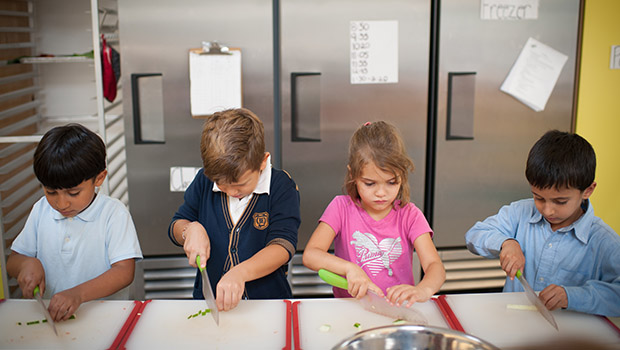The Problem
Healthy and sustainable futures are inaccessible to many children, families, and communities in NYC. Too many lack access to food and environmental education, affordable and fresh food, and open green spaces. This is especially true for those living in historically under-resourced communities of color, which are disproportionately affected by the food, educational, health, and environmental inequities that have been exacerbated by the pandemic. Local and national reports outline the high rates of food insecurity, learning loss, and social and mental health challenges faced by students and families in New York City today.
A February 2023 CDC report found that half of American children under 5 years old don’t eat a single vegetable daily, and one-third don’t eat a single daily fruit.
Our Solution
Edible Schoolyard NYC promotes healthy futures for students and their families by partnering with school communities across NYC to provide edible education. Edible education helps kids build healthy relationships with food, their community, and their environment.
Students in schools with more hands-on learning activities like our cooking and gardening programs have been found to eat up to triple the amount of fruits and vegetables at school lunch compared to students who receive less hands-on learning.
Our programs sit at the intersection of nutrition, wellness, and sustainability education, and help build a lifelong foundation of knowledge and skills around cooking, gardening and healthy eating. At the heart of our school programs are our gardens, which serve as food production spaces for our cooking classes, as well as living classrooms and inclusive, engaging outdoor green spaces for the entire school community. National research and our own program evaluations demonstrate the numerous positive outcomes resulting from cooking and gardening education, including increased knowledge in preparing, cooking and eating healthy food; improved attitudes and increased preferences for plant-based food; and increased willingness to try new foods. Studies show that the more hands-on programming students are exposed to, the more profound the change in their attitudes, abilities and behaviors.
